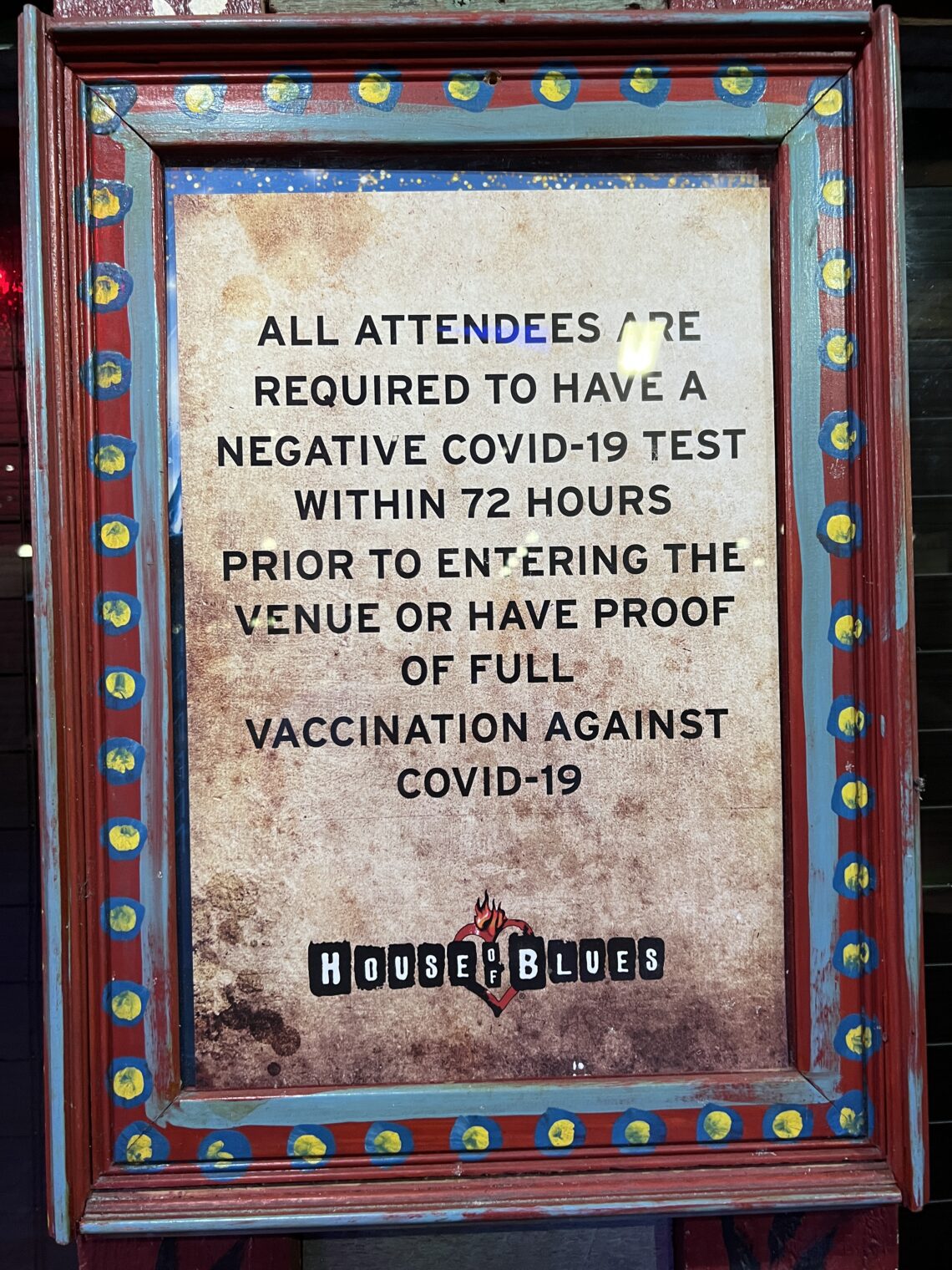I meet my attending, Coach K, in the four-urologist private practice at 8:30 am. The radio is tuned to the sports channel as he signs paperwork before the first patients are ready. “If I can get you to not consult urology when you cannot pass a Foley, you have had a successful rotation.” (A Foley catheter drains urine directly from the bladder.) His new nurse is a friendly 63-year-old. Nancy retired after working 25 years in a family practice office, but returned to work because “my husband was driving me crazy with us both sitting at home with our kids out of the house.”
Nurse Nancy explains that Coach K likes to stay busy. He usually double- or triple-books each 15-minute appointment slot. This is plenty of time if Nancy is able to get a urine sample and the post-void residual bladder scan in a timely manner because most visits take less than five minutes. For example, if following a patient for elevated prostate specific antigen (PSA), Coach K will ask if there are any changes since the last visit, and then recount the options of biopsy versus active surveillance (PSA every three to six months). He says farewell, while Nancy draws blood for a lab company rep to pick up at the end of the day.
Urologists see a wide spectrum of ages. Most patients are between 50 and 75 years old referred for either elevated prostate-specific antigen (PSA) or difficult-to-manage benign prostate hypertrophy (BPH). We see patients of all ages for kidney stone management. Young couples come in for vasectomy referrals. A vasectomy is a 10-minute office procedure done under local anesthetic. Coach K offers a valium to take beforehand in which the patient has to have someone to drive him home. I see a 29-year-old male accompanied by his wife and the mother of their five children. Coach K asks if they are sure they do not want any more children. When they learn that he could come in alone, the wife responds, “Oh no, I’ll be here. I have to make sure he goes through with it!” Coach K explains, “You will need to use protection for three months. After that he will drop a semen sample off here so we can test it to ensure there are no sperm present.”
[Editor: See also “Hamptons bachelors are getting vasectomies so gold diggers can’t trap them” (New York Post, May 27, 2017). “‘There’s a spike in single guys’ who get the procedure in spring and early summer, said Dr. David Shusterman, a urologist in Midtown. ‘This extortion happens all the time. Women come after them. [They get pregnant and] want a ransom payment,’ said Shusterman. ‘Some guys do an analysis of the cost — for three days of discomfort [after a vasectomy], it’s worth millions of dollars to them.'”]
We see roughly eight benign prostate hypertrophy (BPH) patients per day. Coach K: “10 percent of men at 50 will have obstructive symptoms, 100 percent by 80.” When asked about symptoms of obstruction, patients lights up as if saying with their face, “Finally, someone understands what I am feeling!” Obstructive urinary symptoms include: sensation of incomplete emptying, double voiding, dribbling, and decreased force of stream. A lot of men report having to get up in the evening. I learn that this is more related to irritative symptoms or excess urine production from mobilizing fluid while laying flat. Coach K explains, “Put your feet up 30 minutes before bed so you can pee off this fluid before getting into bed.” Most men’s BPH can be managed with medicine, either an alpha-1 blocker and, if needed, finasteride. Finasteride takes 3-6 months to have an effect as it lowers DHT levels that drive the growth of the prostate. Coach K explains, “The main side effect of finasteride is decreased libido, but most people are fine.”
[Editor: Reduced male libido may not be a problem: “Only 48% of married women want regular sex after four years.” (Good Housekeeping)]
My attending continues, “One controversial topic is whether finasteride increases the incidence of aggressive prostate cancer. The jury is still out.” If these medicines do not control the symptoms, Coach K discusses surgical options including transurethral resection of the prostate (TURP, pronounced “terp”) or a green light ablation. In theory, a primary care provider should be able to manage BPH, but several patients report it is easier to schedule an appointment with a specialist. “The earliest appointment was in four months for my PCP,” states a 62-year-old.
Patients are cheerful during their one-week post-op visits after TURP. “Doc, I feel like a teenager again!” exclaims an 80-year-old man. “Doc, one more question. Do our balls sag when we get old? Every time I sit on the toilet they touch the bowl!” His wife slams her hand on her face. Coach K responds: “Everything sags when we get older.” Another post-TURP patient exclaims, “Finally, I can go on my dream trip to the Canadian Rockies.”
A common complaint during office visits is the cost of erectile dysfunction medications. Although generics have been available since 2017, our older patients can’t figure out how to avoid being charged $300. Coach K: “I tell patients to always ask for the cash price and use GoodRx. In a study of the five most commonly-prescribed urologic medications, CVS was by far the most expensive. Walmart and Kroger were in the middle of the pack. Mom and pop pharmacies were the cheapest.” What about the Aetna-CVS merger? “It’s been terrible. Our office gets called by Aetna all the damn time telling us to switch a patient’s medication [to a cheaper generic-available drug]. The patient could be on the med for the past 15 years.” He is adamant. “No, I am not switching them, there is no medical reason.”
We see a 62-year-old patient whom I cared for six months earlier in the surgical ICU. A tractor rolled over him and fractured his pelvis. It was nice to get to know him as a person since he’d been delirious for his week-long ICU stay. Since discharge, he has been working with physical therapy, and is now able to use a walker. His wife asks if there is anything to help with control of his bladder. When he does any activity, e.g., rises from sitting, coughs, or laughs, he leaks urine. For two months he also had fecal incontinence, but this has slowly resolved. Coach K instructs me to perform a digital rectal exam (DRE). He has no rectal tone, and no bulbocavernosus reflex (squeezing head of the penis should lead to squeezing anus). He has damage to his pelvic floor muscles. “This might get better, time will tell and there is really nothing for us to do to make it go quicker.” We prescribe him Sudafed, a stimulant that can improve urethral sphincter tone. “It’ll make you feel jittery, but take it 30 minutes before you work with PT. It should help with leakage.” We also see several bed-bound patients that need a Foley exchange.
Twice a day we see a child for bedwetting. Coach K explains that secondary nocturnal enuresis, in which the patient at one point did not wet the bed, is almost always a result of trauma, e.g., sexual abuse or parental divorce. “There is nothing we can do for them except try to reduce their stress level,” he says. Most of the time this is for primary nocturnal enuresis (bedwetting since birth), for which Coach K explains that we are also without medical interventions.
[Editor: But not without an ICD-10 code and an insurance reimbursement!]
A 7-year-old female who has been potty-trained since 2.5 is brought in for bedwetting. “You’ll hear the same spiel as last time,” says Coach K. He explains to the family that this is a common issue due to immaturity of the connections between the brain and the bladder. The condition is strongly heritable and usually at least one parent recalls having been a bedwetter. Deep sleepers are more vulnerable to this condition. Do you have trouble waking her up in the morning? “Oh yes, she is such a deep sleeper. She won’t wake up from anything.” Coach K explains, “Bedwetting gets better with time. Only one percent of 18-year-olds are still wetting the bed, but the improvement will be gradual, coming down from 4-5 times per week to 2, to once per week to once per month.” Behavioral modifications, such as decreasing fluid intake between dinner and bedtime and restricting caffeine, will decrease the amount of urine produced at night, but won’t reduce the number of events per week. He hands the family a small pamphlet for a bed alarm. The bed alarm senses fluid and wakes the patient up. “It won’t stop the bedwetting,” Coach K explains, “but will make it more manageable for motivated children.”
Why not offer them medications? Coach K later explains to me that the success rate of DDAVP (desmopressin) is so low that parents get more discouraged when it fails.
Later, I see a one-percenter: a fit 19-year-old freshman sporting a well-groomed large beard followed for primary nocturnal enuresis for over a decade. Coach K asks how college is going. “I’m studying construction engineering. Math was always easy for me in high school, but I am struggling to stay afloat for some of these classes.” He’s in a “Live and Learn” community that should be supportive. In high school he tried imipramine, an antidepressant (TCA) that has side effects of bladder retention, which did the trick. He went from 5 events per week to 1 per week. He gave up the drug due to its side effects and now wets the bed 3 times per week. “I am sure this is a killer to your social life,” says Coach K. The patient asks to go back on the medicine and Coach K prescribes him a half-dose, emphasizing, “Keep in mind alcohol will make this worse. It puts you into a much deeper sleep.”
We see five bladder cancer surveillance patients per day, all of whom are former or current smokers (a big risk factor due to irritation of the mucosa). Bladder tumors are mostly diagnosed after gross hematuria (visible blood in urine) or persistent microscopic hematuria on urine dipstick testing. As long as the tumor is superficial, and does not invade the smooth muscle, treatment is removing it in the OR through cystoscopy (fiber optic scope with a cutter at the end). After the initial diagnosis, the patient is screened for recurrence every three months for one year, followed by six months for four more years, and then yearly. “I have patients that I find a recurrence every six months, and I have patients that are clear for a decade, and one pops up.” The first cystoscopy is alarming for both men and females. The patient is prepped in the procedure room with a drape over their exposed genitalia. Coach K inserts numbing gel into the urethra, followed by a flexible scope. When he sees an interesting finding, he signals me over to look into the scope.
[Editor: Bladder cancer patients seem to generate annuities for urologists. In 2012, Forbes noted that “These specialists earn an average of $461,000, not including production bonuses or benefits.”]
Statistics for the week… Study: 3 hours. Sleep: 9 hours/night; Fun: 2 nights. Taco and tequila bar with Straight-Shooter Sally and her boyfriend, an engineer for a green energy design firm.
The rest of the book: http://fifthchance.com/MedicalSchool2020
Full post, including comments 















































